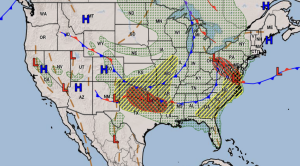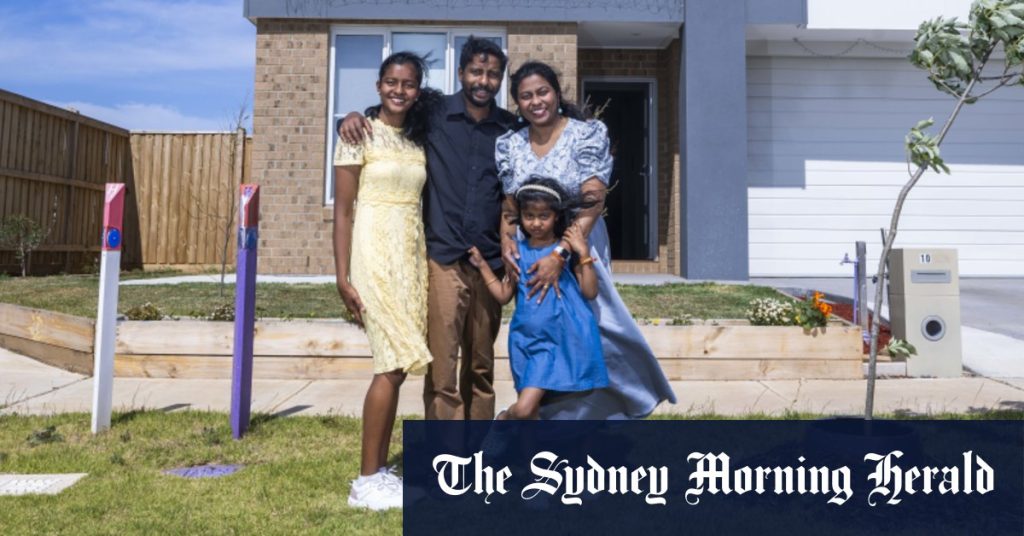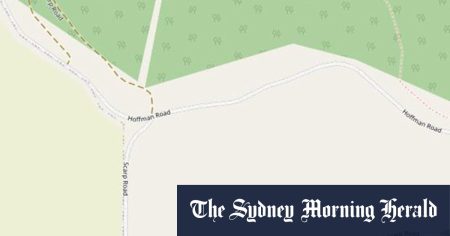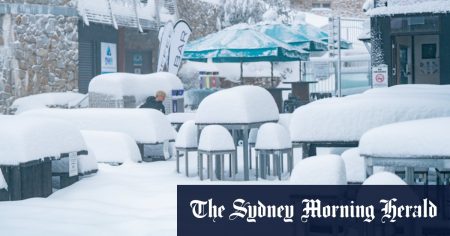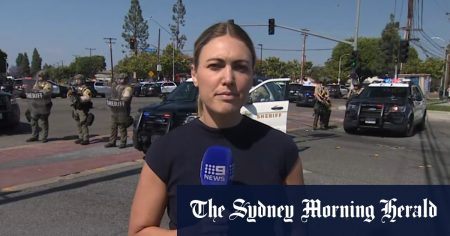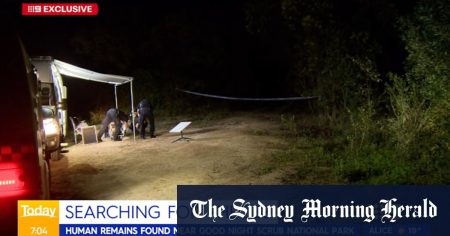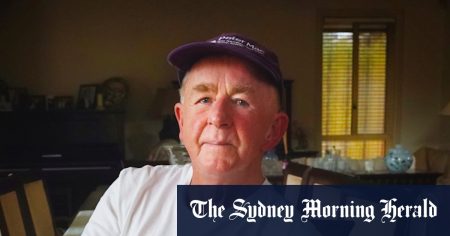Melbourne’s western suburbs are experiencing an unprecedented population boom, transforming the city’s demographic landscape and presenting both opportunities and challenges. This rapid growth, surpassing all other areas of Melbourne, is fueled by factors such as affordability, proximity to the CBD, diverse communities, and accessible natural spaces. However, the region grapples with significant infrastructure deficits, particularly in public transport and essential services, struggling to keep pace with the influx of new residents. This disparity creates a complex dynamic where the promise of a better life in the west is often tempered by the realities of inadequate infrastructure and limited local job opportunities.
The story of Bharath Chellayya, an Indian immigrant who moved his family from Sydney to Manor Lakes, encapsulates this dichotomy. Drawn by the affordability of housing, Chellayya found a home in Melbourne’s west, joining a thriving Indian diaspora. While he appreciates aspects of his new life, he also confronts daily challenges like traffic congestion and inadequate public transport. His experience mirrors that of many others who have sought affordable housing in the expanding western suburbs, only to find themselves navigating a landscape where infrastructure has lagged behind population growth. The Chellayya family’s planned move to a larger home further west underscores the continuing allure of the region despite its shortcomings.
This rapid expansion, driven by the availability of greenfield land and the ease of development compared to established areas, has resulted in significant population increases in suburbs like Melton, Bacchus Marsh, and Wyndham. While offering an affordable alternative to the pricier eastern suburbs, this growth has outpaced the development of essential amenities like libraries and aquatic centres, creating a significant gap between the needs of the growing population and the available resources. This disparity is particularly evident in newer suburbs like Mambourin, where the initial vision of a “20-minute city” – where daily needs are within easy reach – remains unfulfilled, leaving residents frustrated and feeling underserved despite significant investment in their homes.
The western suburbs’ growth story is intertwined with its historical evolution. Once characterized by industry and seen as less desirable than the east, the west is now a demographic powerhouse, attracting diverse communities and driving economic activity. However, the legacy of its industrial past persists in the form of pollution and environmental challenges, particularly in areas like Brooklyn. Long-term residents like Bert Boere, who has witnessed the transformation of the area over decades, offer a unique perspective on the changing landscape, highlighting the trade-offs between growth and environmental impact. The west’s industrial history continues to influence its present, posing challenges to ensuring a sustainable and healthy environment for its rapidly growing population.
The west’s economic contribution is often overlooked. While possessing a robust workforce participation rate, the region lacks sufficient local job opportunities, forcing many residents to commute long distances, predominantly to the CBD. This daily exodus highlights a critical imbalance: while the west contributes significantly to the city’s workforce, it does not reap the full benefits of its economic output. Advocacy groups like LeadWest and WoMEDA are pushing for greater investment in infrastructure, job creation, and improved connectivity to unlock the west’s full economic potential. They argue that addressing these critical needs is essential for the region’s long-term prosperity and for ensuring that its residents have access to local employment opportunities.
Politically, the western suburbs have traditionally been a Labor stronghold, but recent elections have revealed shifting voter sentiment. The growing dissatisfaction with inadequate infrastructure and services has led to swings against Labor, signaling a potential vulnerability for the party in this crucial region. Newer residents, less tethered to traditional party loyalties, are increasingly demanding better services and infrastructure, making their concerns a key factor in future elections. Community leaders like Gurpreet Verma, vice president of the Sri Durga temple in Rockbank, emphasize the importance of addressing the needs of growing migrant communities, particularly in areas like transport and education, to secure their support. The west’s political landscape is evolving, and its growing population, increasingly diverse and vocal, will play a decisive role in shaping its future representation.
